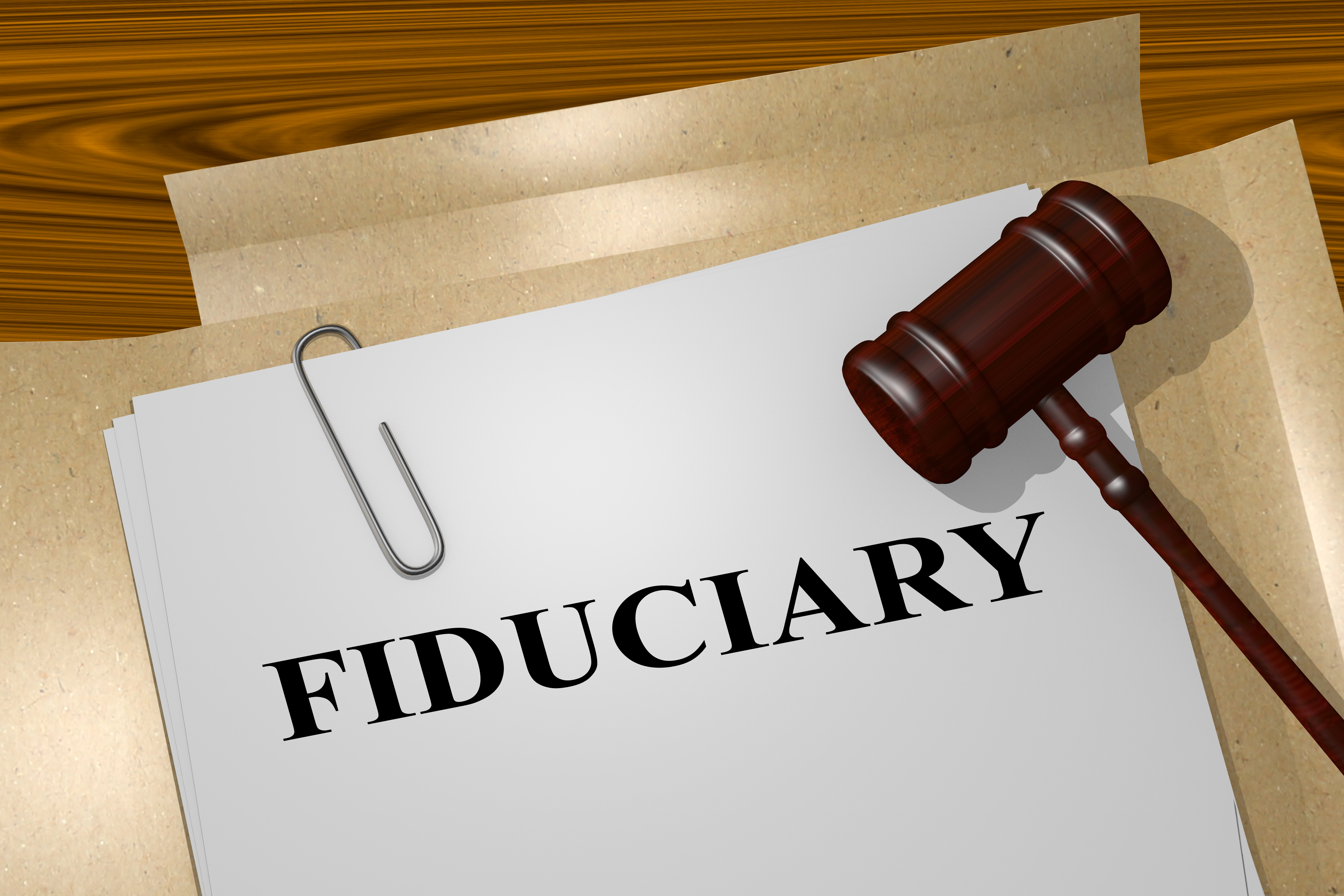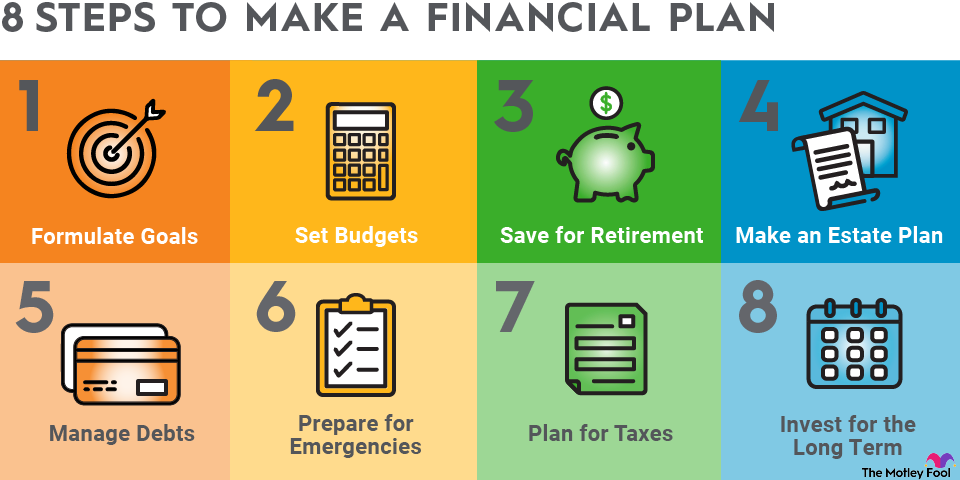To be clear, fixed expenses, such as rent and utilities, don't change much from month to month. You have some control over variable expenses, such as eating out, ridesharing, and recreational activities. Tracking your money and monitoring your cash flow are two effective ways to set an initial budget and plan for the road ahead.
3. Save for retirement
One of the biggest savings goals most people have is to enjoy a long and secure retirement. Whether this means retiring early or simply having enough to retire as soon as Social Security becomes accessible, planning for retirement is absolutely essential -- and it's especially important to start as soon as possible.
By focusing on maxing out your retirement accounts -- for example, 401(k)s, 403(b)s, or IRAs -- you'll be acknowledging future needs by committing to them now. If maxing out these accounts isn't possible at the moment, try contributing at least enough to lock in your employer match. Because much of retirement planning hinges on the power of compound earnings and interest, it's critical to contribute as much as you can as early on in the game as possible.
4. Make an estate plan
While only a small percentage of people will owe estate taxes, everyone will one day have to decide how their property will be divided after their life comes to an end. Whether this is through a traditional will or through a trust set up during your life, you'll need a well-thought-out estate plan that spells out how your money will be treated -- and who is responsible for it -- after your death.
Because family dynamics differ, if you're encountering difficulty in this area, it's best to consult with an experienced estate planning attorney.


